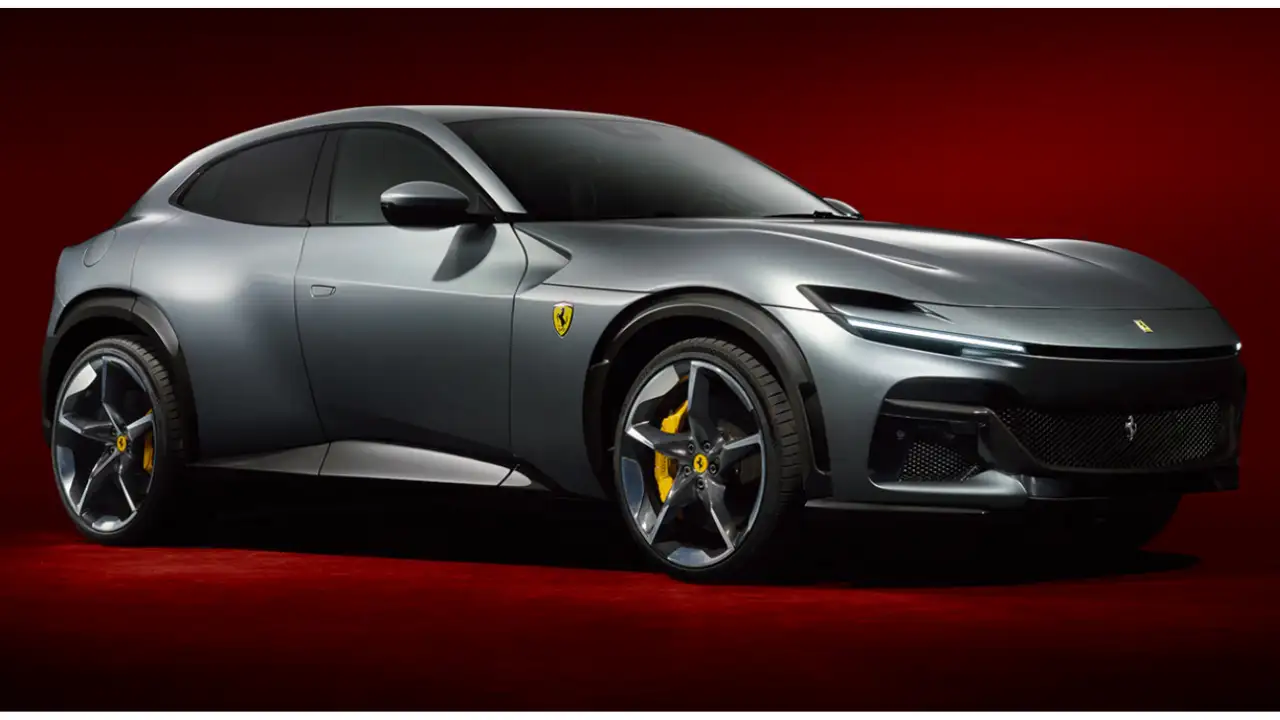Mercedes-Benz, a luxury automotive brand synonymous with elegance, performance, and innovation, has been a dominant player in the Indian market for years. Known for their high-end sedans, SUVs, and sports cars, the German automaker has long appealed to Indian buyers who crave luxury and top-notch engineering. However, if you’ve been thinking of purchasing a Mercedes-Benz this year, you might want to consider acting soon as the brand has announced plans to hike prices for its cars in India.
This decision is part of the ongoing trend in the automotive industry, where price hikes have become a common response to rising input costs, inflation, and the fluctuating exchange rate of the Indian Rupee. The price increase is expected to apply to a wide range of models from the brand, with both the entry-level offerings and the high-end variants witnessing a rise in their price tags. Here’s a closer look at why Mercedes-Benz is hiking prices, what it means for potential buyers, and how you can navigate this price surge.
Why Are Mercedes-Benz Cars Getting More Expensive?
Several factors are contributing to the inevitable rise in prices for Mercedes-Benz cars in India. The primary reasons include:
1. Increased Input Costs
The cost of raw materials, such as steel, aluminum, and electronics, has been rising steadily over the past few months. Automakers, including Mercedes-Benz, are feeling the pinch from these global price fluctuations. As a result, these added costs often get transferred to the final price of the vehicle.
2. Supply Chain Issues
Like many industries, the automotive sector has been dealing with ongoing supply chain disruptions, especially in the wake of the global pandemic. These disruptions have impacted the availability of critical components like semiconductor chips, further driving up production costs. With fewer cars being manufactured, the pressure to maintain profitability leads to higher prices for end consumers.
3. Exchange Rate Volatility
Mercedes-Benz imports many of its components and vehicles to India, and a weak Indian Rupee against foreign currencies can increase the cost of production. Given that luxury cars from Mercedes are priced in the premium segment, any fluctuations in currency exchange rates can significantly impact their final retail price.

4. Government Policies and Taxes
Government policies such as increased import duties, GST (Goods and Services Tax), and excise duties also play a role in price hikes. While the Indian government has taken steps to encourage domestic manufacturing, higher taxes on imported luxury cars can push up the prices of brands like Mercedes-Benz.
Which Models Are Likely to See a Price Increase?
Though Mercedes-Benz has not provided specific details about the models that will see price hikes, it is expected that most of their popular offerings will be affected. This includes luxury sedans like the Mercedes-Benz C-Class, E-Class, and the flagship S-Class. Furthermore, their range of SUVs, such as the Mercedes-Benz GLC, GLE, and the Mercedes-Benz G-Class, which have gained significant popularity in India, are also expected to experience price hikes.
Even the more entry-level models, like the Mercedes-Benz A-Class and B-Class, which have been relatively more affordable for buyers seeking a taste of luxury, may also see an increase in prices.
Impact on Indian Buyers
For potential buyers, this price hike means that owning a Mercedes-Benz will become more expensive in the near future. It might be a good time for those considering a purchase to act sooner rather than later. Those already in the process of negotiating or contemplating a vehicle purchase should be aware of the change and may want to finalize their decisions before the new prices are applied.
Mercedes-Benz cars are built to last, offering an unmatched combination of luxury, comfort, and performance. However, with the upcoming price hike, the cost of maintaining and purchasing a new model will only rise, which could affect the affordability for some buyers.
Is the Price Hike Justified?
For many luxury car buyers, the value offered by Mercedes-Benz cars justifies the higher price tags. The brand offers unparalleled engineering, superior safety features, cutting-edge technology, and a premium driving experience. However, with increased competition from other luxury brands such as BMW, Audi, and Jaguar, Mercedes-Benz needs to ensure that their pricing structure remains competitive in the Indian market. For some, the price hike could be a deal-breaker, especially for those on a budget.
What Should Buyers Do Now?
If you are considering buying a Mercedes-Benz, it’s advisable to explore the available options and finalize your decision sooner rather than later. Dealerships might offer attractive deals and financing options that could help you offset the effects of the price increase. Additionally, those in the market for a luxury vehicle should closely monitor any updates or announcements regarding new car launches or updated models to see if there are any promotions or limited-time offers that could benefit them.
In conclusion, while Mercedes-Benz’s price hike is a reflection of the broader challenges faced by the automotive industry, it also offers a reminder to consumers about the dynamics of the luxury car market. Buyers who have their eye on a Mercedes-Benz should be prepared for the shift in pricing, and it’s wise to act quickly to secure their desired model before the prices go up.






